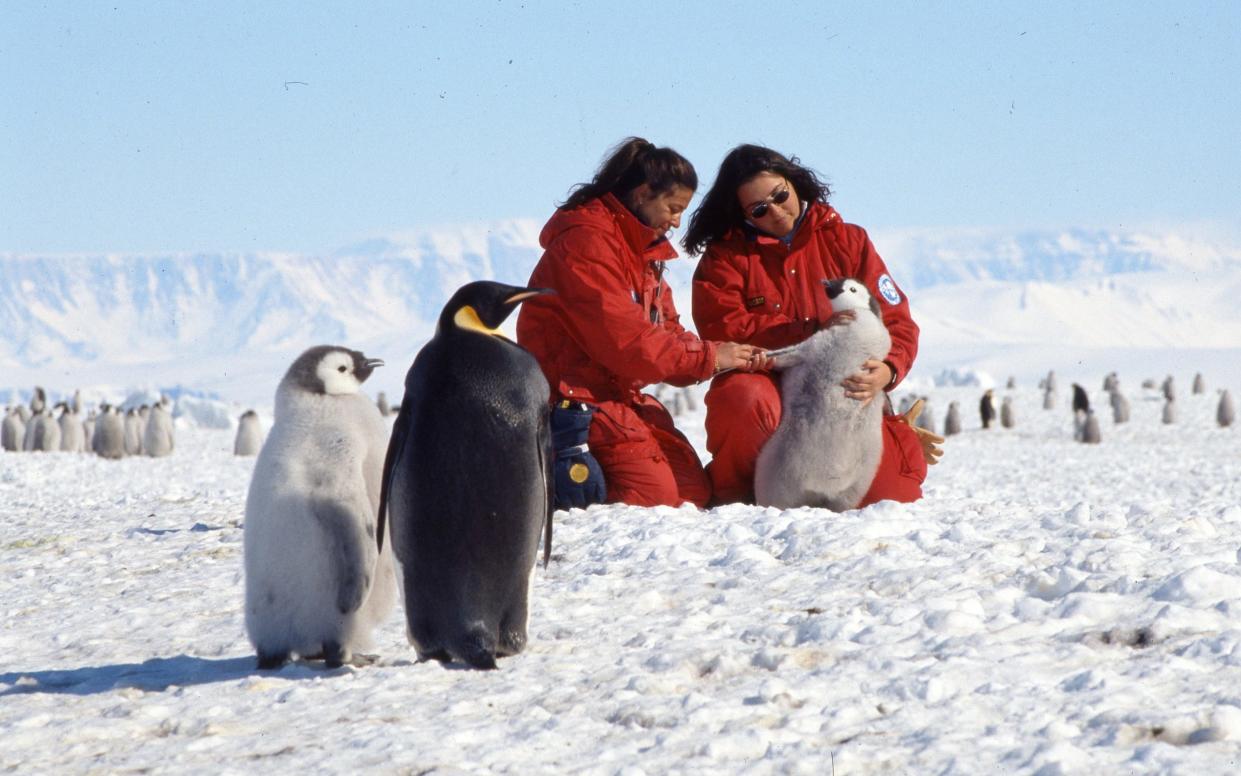‘Doo, fod plod and fingies’: Antarctic English speakers create unique vocabulary

It might be one of the coldest, most isolated and largely uninhabited regions on the planet, but the Antarctic is fast developing its own language, according to research by a graduate from the University of Canterbury in New Zealand.
In what is described as one of the first investigations of Antarctic English, research by Dr Steph Kaefer, a linguistics expert, has uncovered a wealth of colloquial Antarctic English vocabulary exclusive to English-speaking stations.
After travelling to Antarctica in 2019, she recorded a number of terms that bear little relation to their English equivalents. And each station, whether it was run by Americans, the British or New Zealanders, had its own distinct colloquialisms.
Britons use the term “fidlet” for new arrivals, a shortened version of “fid” which comes from an acronym of Falkland Islands Dependency, the former name of the British station.
The Americans refer to newcomers as “fingies”, short for FNG: a US military acronym for “f---ing new guy”.
Those wearing big protective gloves in the harsh winter temperatures are said to have “nose wipers” on.
While the last person to put their plate into the dishwasher after a meal is said to be “trayed” because they also have to empty it.
‘Going for a gonk’
If you were “toasted” it meant you were exhausted after completing a winter posting. “Fod plod” referred to picking up rubbish.
A clear blue sky is called a “dingle day”, while going for a “gonk” means sleeping. A “doo” is a snow bike, while a “gash” means washing up after a meal and attending to waste duties.
Dr Kaefer said she wanted to establish how words emerged and developed over time.
“Often when we create words we make them transparent – particularly in a situation where you need to pass on a lot of information easily,” she explained.
“You want people to understand without needing a lot of background information,” she added.
“But when you’re creating a community, whether intentionally or not, and you don’t want people to understand, you might make the words more opaque so that people can’t work them out unless they’re part of that group.”
Dr Kaefer described it as a “cool linguistic phenomenon”. It is much like the terrain, which in Antarctic parlance is known as an “ice” environment, short for “isolated, confined and extreme”.


